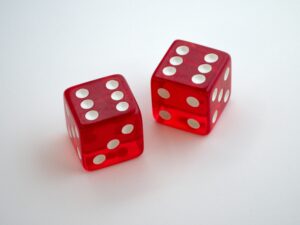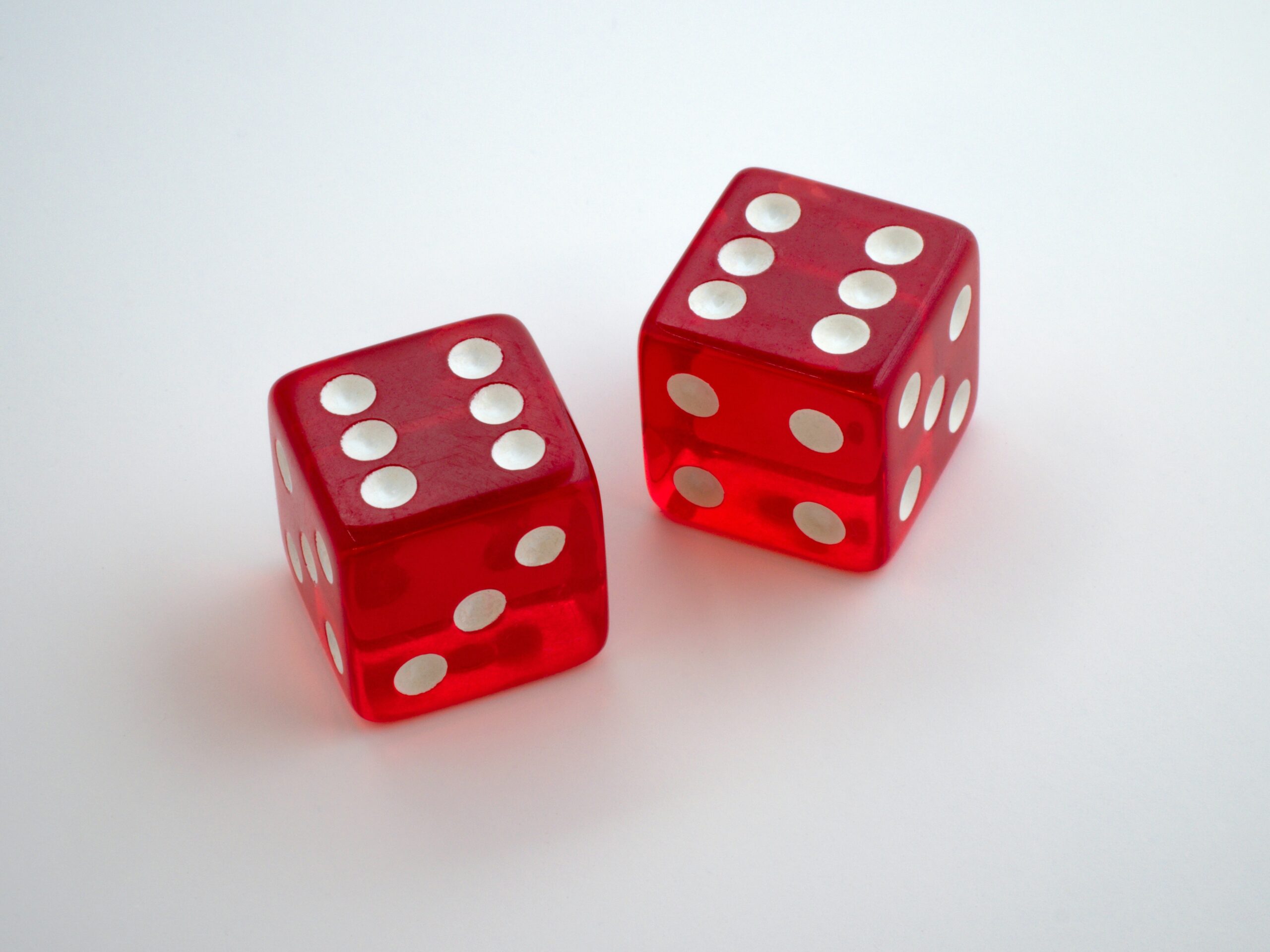04 March 2021
The Law of the Dice
Betting our health.
By Robert Kilconner

“Much too slow getting off the ground at the beginning of the pandemic but did well on the ordering of vaccines”. If the polls are to be believed, that is the public appraisal of the government’s performance. It may fairly reflect the effect of the decisions made but if you’re going to comment on the quality of those decisions it is necessary to view them as a series of bets.
At the start the Government bet that the pandemic would be far less severe than turned out to be the case and that minimal steps were needed. That turned out to be wrong and everything from PPE to social distancing measures turned out to be inadequate. The result was disastrous but that is what happens when you make a bet and the wrong answer comes up. Had they made the bet that New Zealand did and had the pandemic petered out worldwide, they would have been condemned for unnecessary panicking. New Zealand called it right: we called it wrong.
The next big call was sending the children back to school in the autumn. At that stage it looked as if everything was slipping back to normal and the bet must have seemed a relatively safe one. No one knew then what effect the new variants would have and the result was that we got caught on the second wave.
Then there was the ordering of the vaccine. Was it right to commit large amounts of money which would have been paid out even if a full vaccination programme was not needed? “Yes” called the government and this time they were right. Or at least so it seems at the moment.
The fact that disaster flows from an ill-advised bet does not of course excuse those who made the decision. Neil Woodford has been much criticised over the last month or so for investing what was supposed to be a liquid fund in illiquid securities. Had the markets turned differently it might have been a great success but in the event the bet went sour. The fact that he was unlucky as well as unwise is not regarded as exonerating him.
The making of good bets is the art of government and, of course, there are teams of experts such as SAGE to help. They can only do so much, however. It is obvious that any release of restrictions will cost lives but equally obvious that there is an imperative to get children back to school and the nation back to normal life. Balancing these things is an art not a science. You have to guess at outcomes and make your bet accordingly.
When Napoleon was asked which sort of generals he preferred, he famously replied that he liked the lucky ones. That was not because he believed that the fates smiled on them but rather because what appeared to be luck was often really down to a higher level of competence. One would imagine that our government, along with those of other countries, has gained a lot of experience over the pandemic and is better equipped for decision-making than it was. The next series of bets, at least here, will concern how quickly to unwind restrictions to reflect the success of the vaccine. If the new variants prove to be suppressed by vaccination, that should go reasonably well. If, however, a vaccine-proof variant emerges bets will go very sour indeed. Let’s just hope that they’re lucky.


